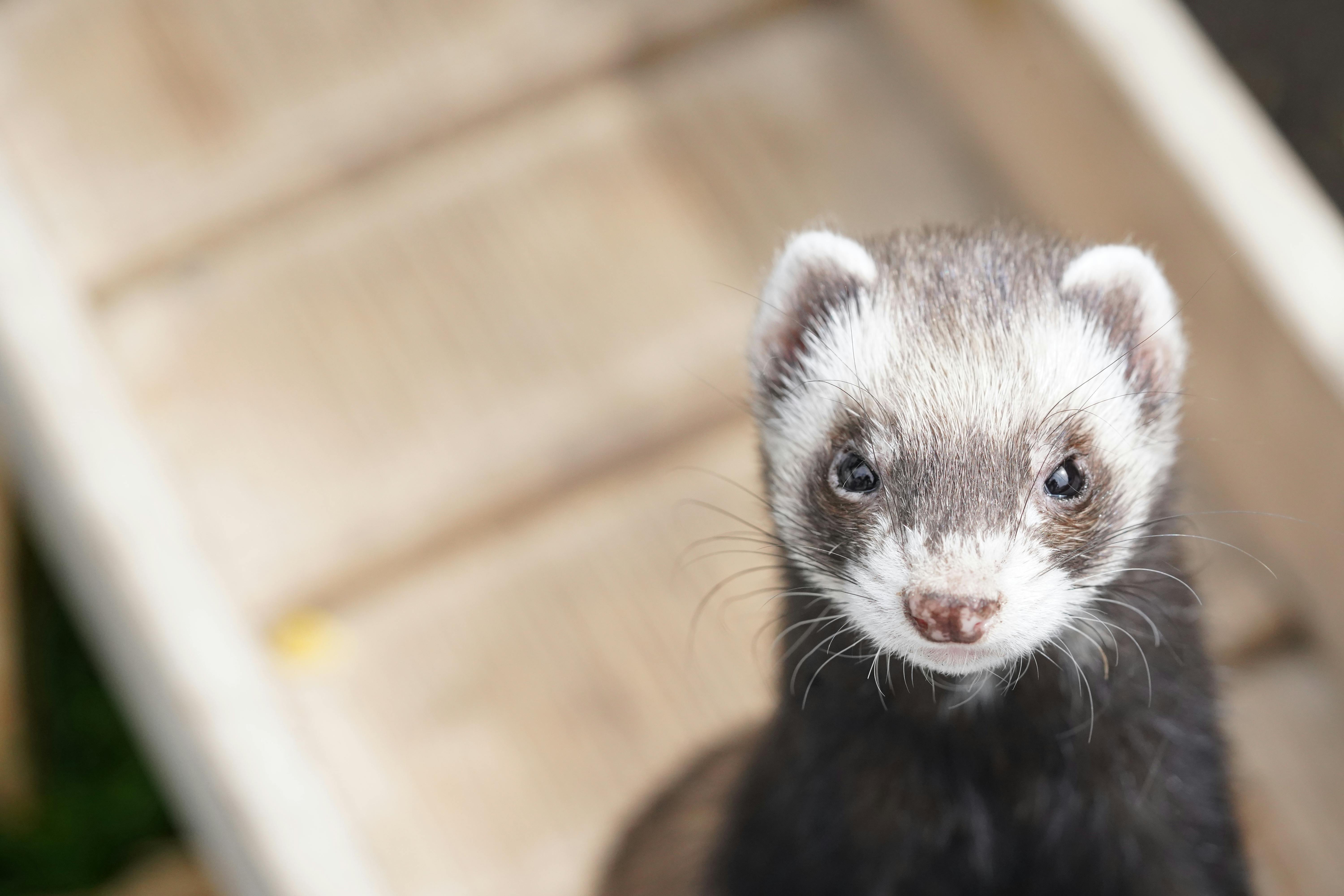The Intriguing Life of the Humble Domestic Ferret
The ferret, a small, playful creature, has made its way into countless homes and hearts as a beloved pet. Their curious and energetic nature, coupled with their unique biology, makes them a fascinating subject for pet enthusiasts and animal lovers. Ferrets have been domesticated for thousands of years, with historical evidence suggesting they were used for rodent control and rabbit hunting as early as 450 BC. In the Middle Ages, they became popular pets among the European nobility, and their popularity continues to this day. Despite their long history of domestication, ferrets still retain many of their wild instincts, making them a captivating blend of domestic pet and untamed predator.

The Biological Uniqueness of Ferrets
Ferrets are members of the Mustelidae family, which includes otters, weasels, and badgers. What sets them apart from their relatives, and indeed from most other pets, is their unique biology. They have a highly specialized digestive system designed for a diet of meat, and they are obligate carnivores, meaning they require a diet exclusively of animal protein.
Unlike dogs and cats, ferrets have a very short digestive transit time, meaning they need to eat frequently. This, coupled with their high energy levels, makes them fascinating and demanding pets.
Recent Developments in Ferret Care
In recent years, understanding of ferret dietary needs has greatly improved. Market research shows pet owners are increasingly willing to invest in high-quality, meat-based ferret foods, which are estimated to cost around $30-$50 per month. This trend is expected to drive growth in the specialized ferret food market.
Moreover, advancements in veterinary medicine have led to better vaccines and treatments for common ferret health issues, like adrenal disease and insulinoma, improving the quality of life and lifespan of these adorable pets.
The Ferret’s Role in Research
Interestingly, ferrets also play a critical role in scientific research. Due to their susceptibility to human influenza viruses, they are often used in flu research. This has put ferrets at the forefront of current events, as scientists have used them in the development and testing of COVID-19 vaccines.
The Joy of Ferret Ownership
Despite their unique needs and occasionally mischievous behavior, ferrets make wonderful pets. They are social, intelligent, and affectionate, with a playful and inquisitive nature that can provide endless amusement. However, they also require a significant commitment of time and energy, as well as a careful understanding of their dietary and medical needs.
Ultimately, the humble ferret, with its intriguing blend of domestic and wild traits, its unique biology, and its growing role in medical research, offers a fascinating topic for pet enthusiasts and animal lovers alike. Whether as a beloved pet or a vital contributor to scientific advancements, the ferret truly is a creature worthy of our admiration and respect.




